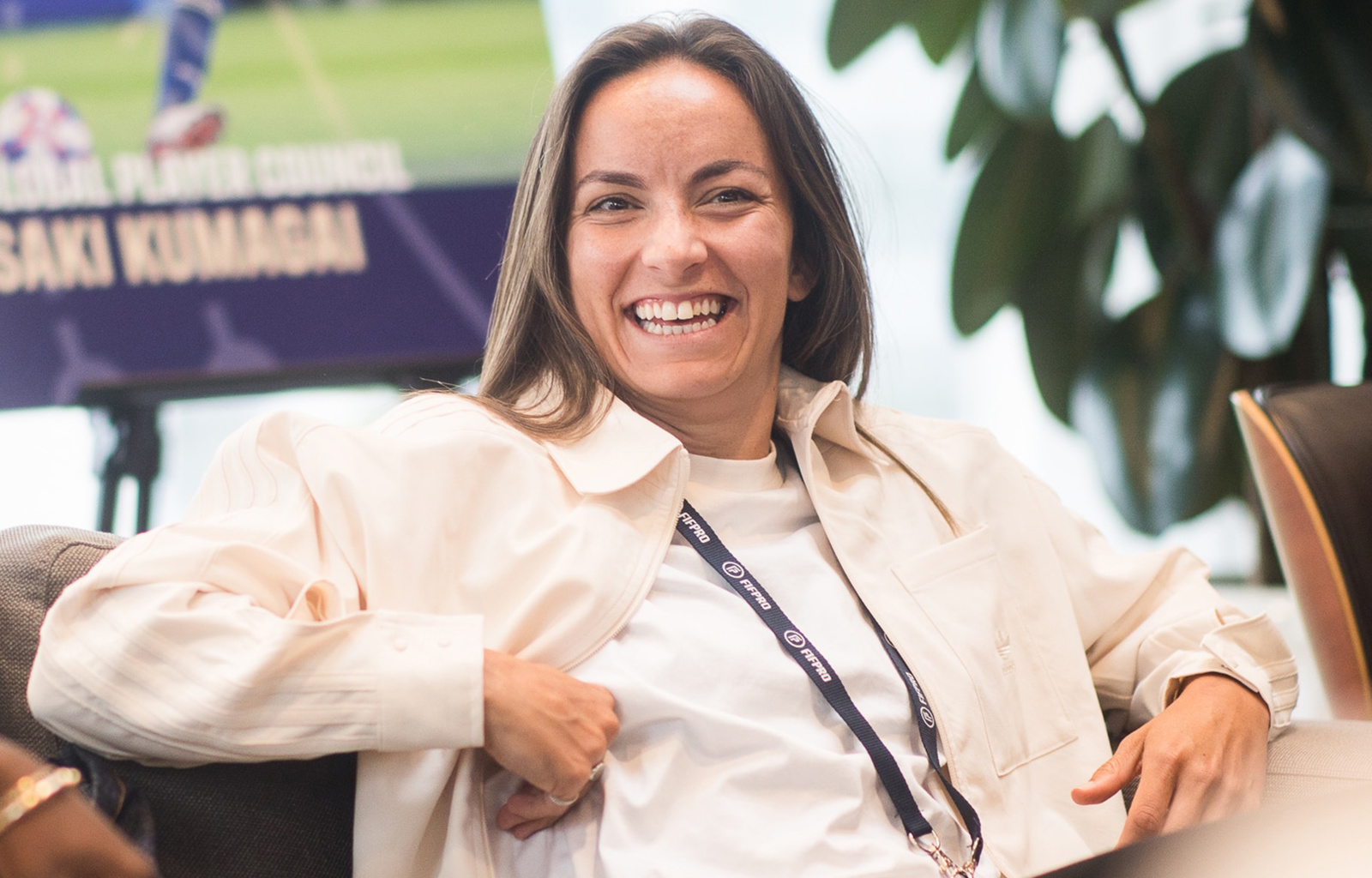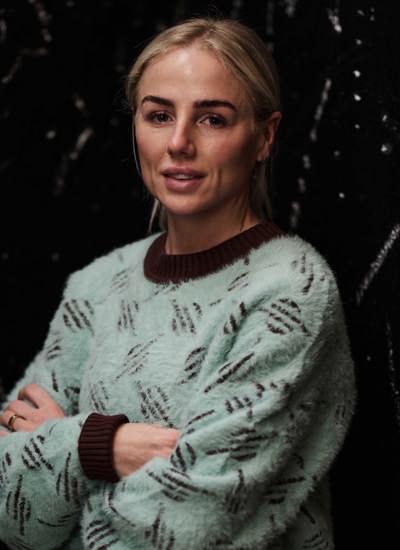
- Aston Villa and England midfielder Lucy Staniforth was one of a number of players to attend FIFPRO’s Women’s Player Summit
- The event was an opportunity for footballers across Europe and beyond to engage on a multitude of industry topics centred on the women’s game
- Staniforth talks about the importance of the player voice, unions, and what it means for players to be truly professional
Last month’s Women’s Player Summit was an opportunity for footballers across Europe and beyond to connect and engage on an array of industry topics centred on the women’s game.
The event in Bilbao, which was attended by active players such as Alex Greenwood, Sara Gama and Lucy Staniforth, as well as recently retired players like Joelle Murray and Rikke Sevecke, had a particular focus on professionalisation – and what it means to be truly professional in women’s football.
Players from developing European football countries such as Cyprus, Greece and Slovenia were able to voice their perspectives alongside players from more established football nations such as England, France, Italy, and Spain. It provided thoughtful insight and analysis on raising professional standards across the European continent.
"It was an enriching experience to hear about everyone's journey and to resonate with certain points through my journey with what potentially they're going through right now," said Aston Villa and England midfielder Lucy Staniforth.

"These events are important because the power is in the collective. When we all come together, the strength of the voice that we have, we can drive change in our game. It's not reactive, it's very proactive looking at areas in which we can grow standards and drive new strategies that are bespoke to women's football. To be able to add the player voice to that is a powerful thing."
What does it mean to be a truly professional as a footballer? From being paid appropriately to having proper facilities and support staff, a multitude of factors go into shaping global standards for players. "Being paid well doesn't necessarily mean you have all the tools to be professional – it just means you can commit your time to do the thing that you love to do," says Staniforth.
"I think it's an ongoing process within women's football to really figure out what professionalisation is and that's probably part of the reason why we're here [at the Women’s Player Summit] to understand what it looks like for certain people and add more of a definition around it moving forward."

Integral to that process are player unions, lending trusted support and services to footballers on education, mental health support, legal advice, collective bargaining and more.
"I have used the services of the PFA in England and in the last few years, they have become a great point of reference for what we need and the services that they provide for women's players especially," says Staniforth.
"They've done a lot for me in terms of education, mental health support and generally being a voice for us and driving standards. It's great to know that if you have some sort of issue that the player union is there to support you."
The Women's Player Summit was held a day after Raising Our Game Europe 2025, also known as ROGE25, an initiative from FIFPRO Europe designed to develop tools and resources to support player associations with promoting equal opportunities, access, and inclusion for women’s players.


